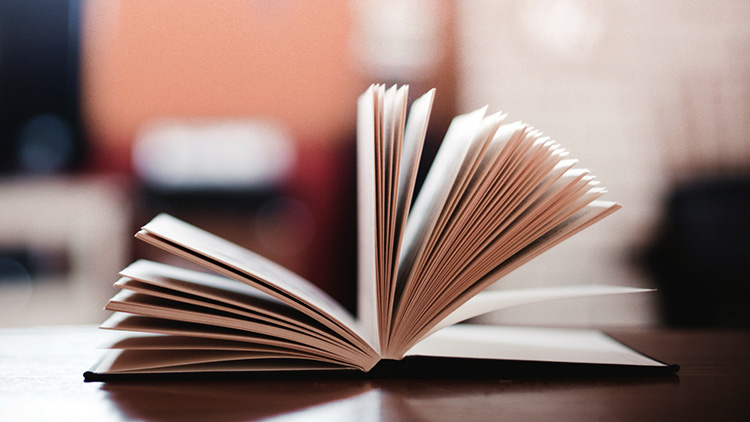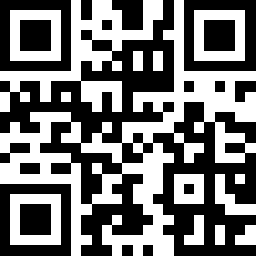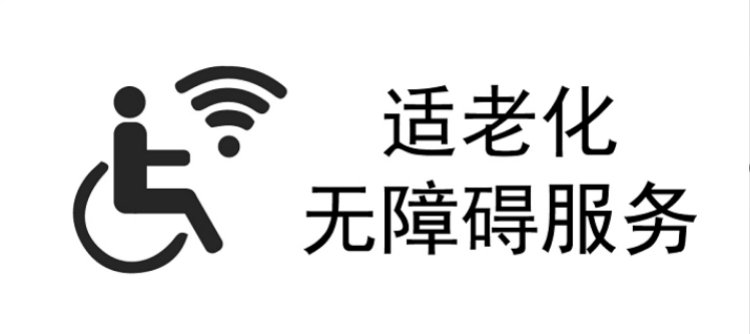【每日健康】睡不够8小时,大脑会变慢?(双语)

We all know that we don’t get enough sleep. But how much sleep dowe really need? Until about 15 years ago, one common theory wasthat if you slept at least four or five hours a night, yourcognitive performance remained intact; your body simply adapted toless sleep. But that idea was based on studies in which researcherssent sleepy subjects home during the day — where they may havesneaked in naps and downed coffee.
我们都知道自己睡眠不足。但是我们真正需要多少睡眠呢?直到大约15年前,有这样一个理论:如果你每晚至少睡4或5小时,你的认知表现依然保持完好;而你的身体只是适应了较少的睡眠。但是那种观点是基于这样研究:研究人员在白天把困倦的受试者送回家,而后者有可能在家里偷偷地小睡或者猛灌咖啡。
Enter David Dinges, the head of the Sleep and ChronobiologyLaboratory at the Hospital at University of Pennsylvania, who hasthe distinction of depriving more people of sleep than perhapsanyone in the world.
宾夕法尼亚大学医院的睡眠与时间生物学实验室的负责人大卫.丁格斯剥夺过很多人的睡眠,就人数而言世界上无人能比。
In what was the longest sleep-restriction study of its kind, Dingesand his lead author, Hans Van Dongen, assigned dozens of subjectsto three different groups for their 2003 study: some slept fourhours, others six hours and others, for the lucky control group,eight hours — for two weeks in the lab.
为了2003年的研究,丁格斯和第一作者汉斯.凡东恩开展了一项同类研究中最长的睡眠限制研究,他们把受试者分成三组:一些人睡4小时,另一些人睡6小时,其他人则被幸运地分进了对照组,睡8小时——他们在实验室里待了两个星期。
Every two hours during the day, the researchers tested thesubjects’ ability to sustain attention with what’s known as thepsychomotor vigilance task, or P.V.T., considered a gold standardof sleepiness measures. During the P.V.T., the men and women sat infront of computer screens for 10-minute periods, pressing the spacebar as soon as they saw a flash of numbers at random intervals.Even a half-second response delay suggests a lapse into sleepiness,known as a microsleep.
白天,研究人员每隔两小时就会使用精神运动警觉性任务来测试受试者持续集中注意力的能力。PVT被视为衡量困倦程度的黄金标准。参与PVT的男女需在电脑屏幕前坐10分钟,每当看到不定时闪现的数字时,就要立刻按下空格键。就算只滞后半秒,也暗示着受试者陷入了睡眠之中,即微睡眠。
The P.V.T. is tedious but simple if you’ve been sleeping well. Itmeasures the sustained attention that is vital for pilots, truckdrivers, astronauts. Attention is also key for focusing during longmeetings; for reading a paragraph just once, instead of five times;for driving a car. It takes the equivalent of only a two-secondlapse for a driver to veer into oncoming traffic.
如果你的睡眠一直都很好,那么PVT就是一项乏味却简单的任务。它衡量的是对飞行员、卡车司机和宇航员来说至关重要的持续性注意力。在参加冗长的会议时、在一次性阅读一个段落,而非看五遍时,以及开车时,注意力同样是保持专注的关键所在。一名司机大约只要走神两秒钟,就有可能冲入迎面而来的车流中。
Not surprisingly, those who had eight hours of sleep hardly had anyattention lapses and no cognitive declines over the 14 days of thestudy. What was interesting was that those in the four- andsix-hour groups had P.V.T. results that declined steadily withalmost each passing day. Though the four-hour subjects performedfar worse, the six-hour group also consistently fell off-task. Bythe sixth day, 25 percent of the six-hour group was falling asleepat the computer. And at the end of the study, they were lapsingfives times as much as they did the first day.
在为期14天的研究中,每天睡8小时的人几乎没走过神,也没有出现认知能力下降的问题,这并不令人意外。有趣的是,睡4小时和6小时的那些人的PVT测试成绩几乎逐日稳步下降。虽然睡4小时的受试者的表现要差得多,但是睡6小时的受试者也常常分心。到了第六天,睡6小时的那组人中有25%会在电脑前睡着。而在研究的收尾阶段,他们走神的次数达到第一天的5倍。
The six-hour subjects fared no better — steadily declining over thetwo weeks — on a test of working memory in which they had toremember numbers and symbols and substitute one for the other. Thesame was true for an addition-subtraction task that measures speedand accuracy. All told, by the end of two weeks, the six-hoursleepers were as impaired as those who, in another Dinges study,had been sleep-deprived for 24 hours straight — the cognitiveequivalent of being legally drunk.
在对工作记忆的测试中,受试者必须记住一些数字和符号,并用一个代替另一个——睡6小时的受试者没有更好的表现——而是在两周之内稳步下降。在测量速度和准确度的加减运算任务中,情况也是如此。总之,两周结束时,睡6小时的受试者的能力被削弱了,就像丁格斯的另一项研究中整整24小时没有睡过觉的人一样——其认知能力跟那些在法律上会被认定为醉酒的人差不多。
Not every sleeper is the same, of course: Dinges has found thatsome people who need eight hours will immediately feel the wallopof one four-hour night, while other eight-hour sleepers can handleseveral four-hour nights before their performance deteriorates.(But deteriorate it will.) There is a small portion of thepopulation — he estimates it at around 5 percent or even less —who, for what researchers think may be genetic reasons, canmaintain their performance with five or fewer hours of sleep.(There is also a small percentage who require 9 or 10hours.)
当然,睡眠者的情况并非千篇一律:丁格斯发现,一些需要睡8小时的人如果有一晚只睡4小时,情况立刻就会变得很糟,而另外一些需要睡8小时的人在好几晚只睡4小时之后,表现才会变差。(但终究会变差。)有一小部分人——据他估计约为5%,甚至更低——可以在只睡5小时,甚至更短时间的情况下维持其表现,研究人员认为这是遗传原因。(还有一小部分人需要睡9或10小时。)
While it’s tempting to believe we can train ourselves to be amongthe five-hour group — we can’t, Dinges says — or that we arenaturally those five-hour sleepers, consider a key finding from VanDongen and Dinges’s study: after just a few days, the four- andsix-hour group reported that, yes, they were slightly sleepy. Butthey insisted they had adjusted to their new state. Even 14 daysinto the study, they said sleepiness was not affecting them. Infact, their performance had tanked. In other words, thesleep-deprived among us are lousy judges of our own sleep needs. Weare not nearly as sharp as we think we are.
人们很容易就会认为,我们可以把自己训练成只需睡5小时的人——丁格斯说我们其实做不到——除非我们天生就是只需睡5小时的人,看看凡东恩和丁格斯的研究得出的一个关键结论:仅仅几天过后,睡4小时和6小时的人就会报告说,没错,他们感觉有点儿困倦。但是他们坚称已经适应了自己的新状态。即便参加研究已经有14天了,他们还是说困倦对他们没有造成影响。事实上,他们的表现已然大打折扣。换句话说,我们当中的睡眠不足者难以准确判断自身的睡眠需求。我们远远不像自己所认为的那样敏锐。


